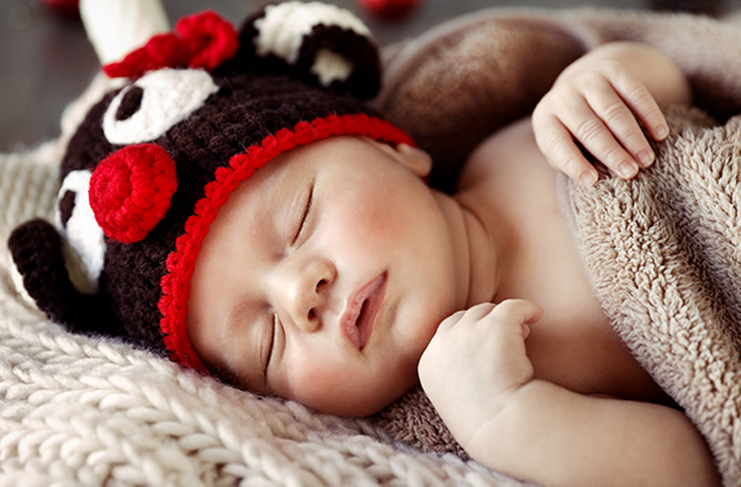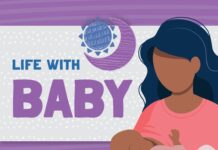UnityPoint Health® – Grinnell Family Practice’s Michelle Rebelsky, MD, MBA, FAAFP, is reminding adults of safety guidelines to follow around infants, especially newborn to one-year-old babies. A baby’s risk of life-threatening consequences from the flu are greater than an adult. Babies under six months old have a higher risk for influenza.
“You would be surprised how many parents ask me if it’s okay for them to tell a family member or friend with a runny nose not to touch or kiss their baby. I’m always happy to help prepare them on how to navigate those conversations. It’s important to always have good hand hygiene around babies and avoid being close to the baby altogether if you are sick. Parents – don’t feel bad about saying I’d appreciate it if you don’t hug and kiss. You know what is best for your baby,” Rebelsky says.
Fever, body aches, diarrhea, cough, sore throat, and respiratory related symptoms should be considered as warning signs and reasons to stay away from a baby. Do not kiss or touch a baby’s mouth, face or hands.
“If you feel well – and you have parental permission – you can kiss a baby’s feet or the back of their head, but never close to their mouth or where they can put their mouth,” Rebelsky says.
Infants have an immature immune system due to their limited exposure to viruses and bacteria. An infection in an adult does not cause many symptoms because of exposed immunity. If babies have trouble breathing, it can affect their entire system and lead to hospitalization.
“It can be very severe. It could even be life-threating. The flu virus can be life-threatening for adults, so definitely for babies. It can be hard for parents, but it’s imperative for your baby’s safety to set those boundaries,” she says.
It’s important to make these limitations all year round especially during the colder months. Seasonal weather changes result in a rise in respiratory illnesses and conditions with more small children needing breathing treatments to fight viruses. These limitations should be followed by the general public as well.
“If you are out and about and see a baby you don’t know, you should not go up to touch them. Often times you’re not able to wash your hands, and you don’t know them. I know some parents have little tags on their car seats and strollers that say things like Stop! Your germs are too big for me. It’s always a good idea to keep this in mind, and parents should never feel bad about setting these restrictions to keep their babies safe,” Rebelsky says.





